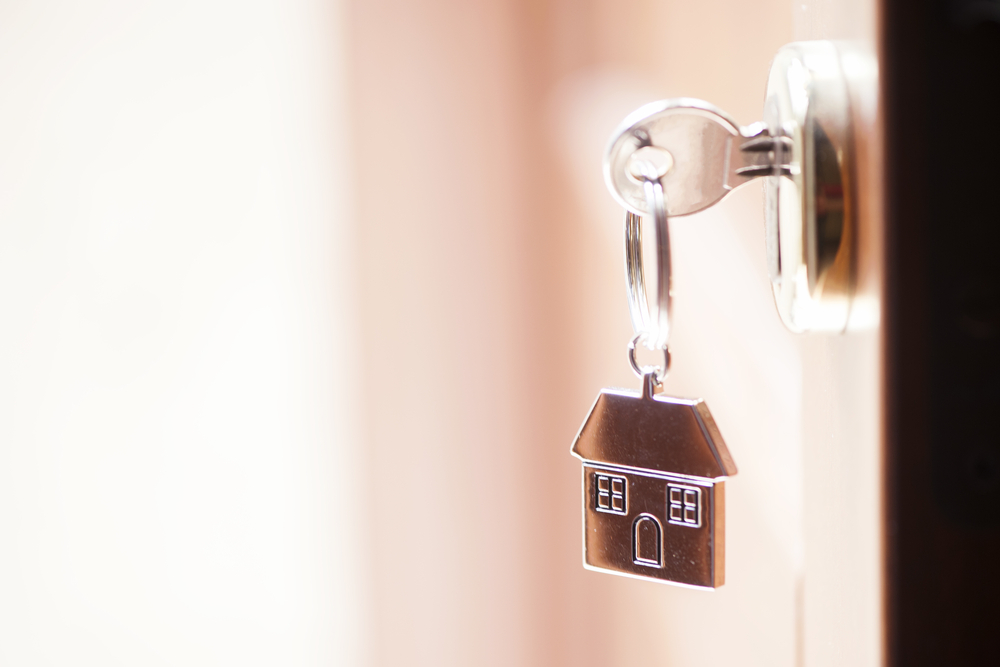Goals are important in keeping us motivated to get to where we want to be. When it comes to property, your 2023 goal may be to get a foot on the ladder, grow your portfolio or secure your dream home.
The key to achieving goals is to identify them – make them quantifiable and put a plan in place to reach them.
The first home buyer
Entering the property market as a first home buyer can be exciting and daunting, and saving for the deposit can be hard. However, the government has introduced a few grants that could help eligible first home buyers.
The investor
Whether you’re new to investing in property or building your portfolio, your goals should take into account your investment strategy. Do you want to be negatively geared to generate wealth or are you investing in property to create a passive income stream for retirement.
The upgrader
Larger homes, are typically more expensive; therefore, factor this in when setting your goals and understand how this may impact your budget – will you need to make sacrifices to your current lifestyle to service the loan?
Reaching your goals
There are many different approaches when it comes to goal setting. You’ve likely heard of SMART goals, which are Specific, Measurable, Achievable, Relevant and Time-Bound.
Identify each of your goals and consider what steps you need to put in place to achieve them.
As you begin setting your property goals, think about how these goals will influence your family’s day-to-day life, as this can impact your decision-making.
Purchasing considerations
If you’re a first home buyer, identify how much you will be able to borrow, as this will determine how much deposit you’ll need and whether you’re eligible for any homeowner grants. Other costs that may be associated with purchasing a home can include a conveyancer/solicitor as well as building or pest inspections. Plus, the cost of furnishing the home is important to understand exactly how much your initial outlay will be.
For the investor, you might be working towards a specific amount in the passive income you want to generate, or you may want to own a set number of investment properties by a certain age.
If you have equity in your current home, you could use that to purchase an investment property, or perhaps buy a property off the plan, as these properties can sometimes be less expensive than an established home.
It’s also important to factor in the potential rental returns in the area you are looking to buy. Investment properties require regular maintenance, so having an emergency fund could be a good idea.
The upgrader may have a floorplan in mind or be looking to move to a new area. Again, factor in how you are going to service the loan and other costs associated with the upgrade. You’ll probably need to purchase additional or different furniture to fill a larger home.
Sticking to your goals
Sometimes we can lose our way with our goals by setting a framework that is unrealistic. If you’ve set unachievable goals – especially when it comes to budgeting – it can be challenging to see them through. Perhaps you decided to save for a deposit but find the lifestyle sacrifices too much. Leaning on your support network as a reminder of your ‘why’ can be helpful.
Visualising your goals can also be powerful. Imagine getting the keys to your investment property or moving into a bigger house – these thoughts can often keep you motivated. Tracking your progress regularly will keep you working towards your property goal and help you recognise the small wins and where you might need to adjust your goals.
And finally, be accountable – share your goals with others so you can feel more motivated to reach them.
Let’s chat about how we can help you achieve your property goals this year. Contact us here today.

